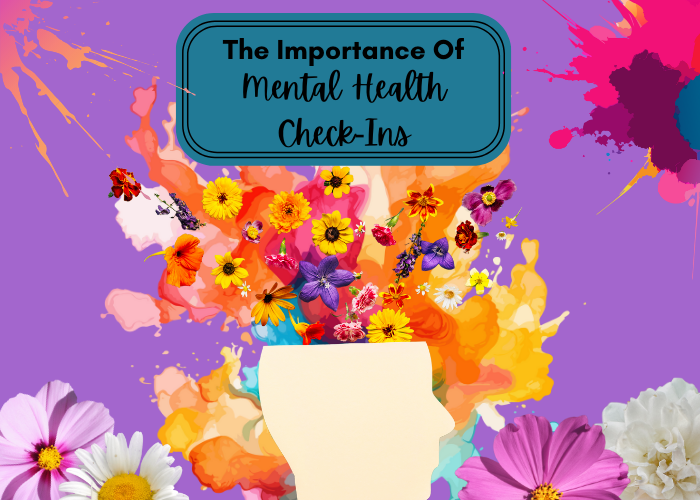
As mental health becomes progressively less stigmatized, we start talking about different ways of improving and maintaining it. One way to keep on top of your mental health is to engage in mental health check-ins. These can be as formal as checking in using a self report questionnaire with a therapist. Or they can be as informal as just jotting down details about your mental health in a journal or a notes app.
What are Mental Health Check-ins?
It’s pretty much as simple as it sounds! A mental health check-in involves taking a mindful moment to keep track of how you’re feeling. Questionnaires ask you to look back on the last two weeks or the last month, for example, but you can go day by day or whatever length you like. Many things questionnaires ask involve obvious and not so obvious aspects of mental health.
For example, how your appetite has been, your sleep, motivation, or worry. Some will ask about stress levels, ability to relax, or ability to care for yourself. You can find many of these questionnaires easily online (like the PHQ-9 or the GAD-7) but you can also just choose which aspects of mental health you want to keep track of.
Why Is it Important?
Sometimes, we don’t realize how our mental health is being impacted by our everyday lives. It can be easy to not notice struggles with mental health until it becomes severe. One of the benefits of doing regular mental health check-ins is that you keep track of different aspects of mental health. You can then see patterns, trends, and catch potential dips before they become bad.
This can be especially important if you experience a lot of stress in your life. Mental health check-ins can help you notice when stress is becoming unmanageable. Or maybe you struggle with a mental illness. Keeping track of your symptoms and what impacts them is an important management technique for many mental health disorders.
What Should I Keep Track Of?
This really depends! Different people will need to keep track of different things. If you struggle with depression, then you may want to keep track of mood, appetite, or motivation. Maybe anxiety is your big worry? Then keeping track of restlessness, worry, fear, and difficulty relaxing can help you notice your symptoms.
This will take some trial and error before you come up with the right things to keep track of!
I’m Worried About How I’ve Been Feeling…
If you’ve noticed your patterns are suggesting a lot of distress or struggle, then it may be time to reach out to someone. Speaking with a good friend or loved one can be helpful. But sometimes, reaching out to a therapist may be the right choice for you. For others, they may need to speak to a psychiatrist for medication management. Maybe you need a combination of all of these options! But this is one of the benefits of keeping track and doing regular mental health check-ins.
The Importance of Mental Health Check-Ins



